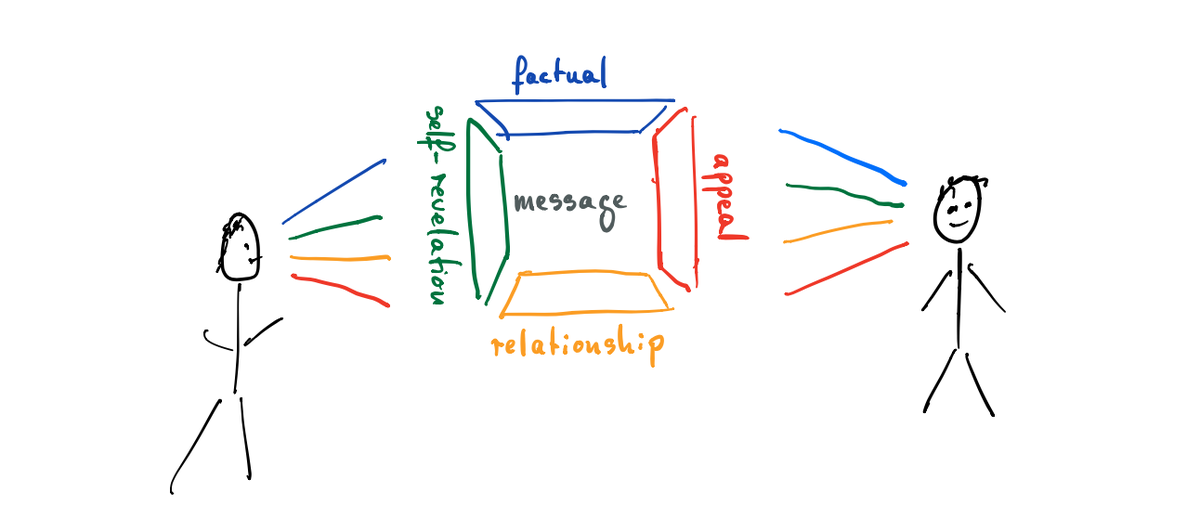I disagree with the implicit statement by Mervyn King - wondering what @ProfJohnKay thinks - that maximizing expected utility is reasonable in the small world of a simple model.
My critique is more devastating and less palatable: it's a thought error to optimize this object.

In other words, we don't need to make the model more realistic for expected utility maximization to become a bad idea. It's a priori the wrong object, namely: changes in utility are non-ergodic. Their expectation value has no physical meaning for an individual decision maker.
I'm sorry if this ruins formal economics, but it's time we talked about it like grown-ups: the economic formalism is unacceptable from a quantitative-science point of view.
Before it's worth discussing how realistic it is, we have to correct the flaws in its implied physics.
I say "physics" because what's really deeply wrong is the assumption that expectation values have meaning for individuals.
Physics teaches us that this assumption corresponds to the ergodic hypothesis that expectation values are identical to time averages and can therefore..
...be experienced by an individual; or it corresponds to the assumption that a large physical ensemble exists over which matter (here: money or resources) can be exchanged.
Neither condition is satisfied, wherefore formal economics is physically wrong, odd as that may sound.
Having understood this, it is perfectly clear that humans have no reason to behave according to this model. But the model is the definition, in economics, of rational behavior. That's why economists conclude humans are "irrational," and behavioral economics follows.
Translated back into everyday language, it just means our behavior doesn't conform with a physically nonsensical model.
In other words, both classical economics and behavioral economics operate in the wrong conceptual space.



